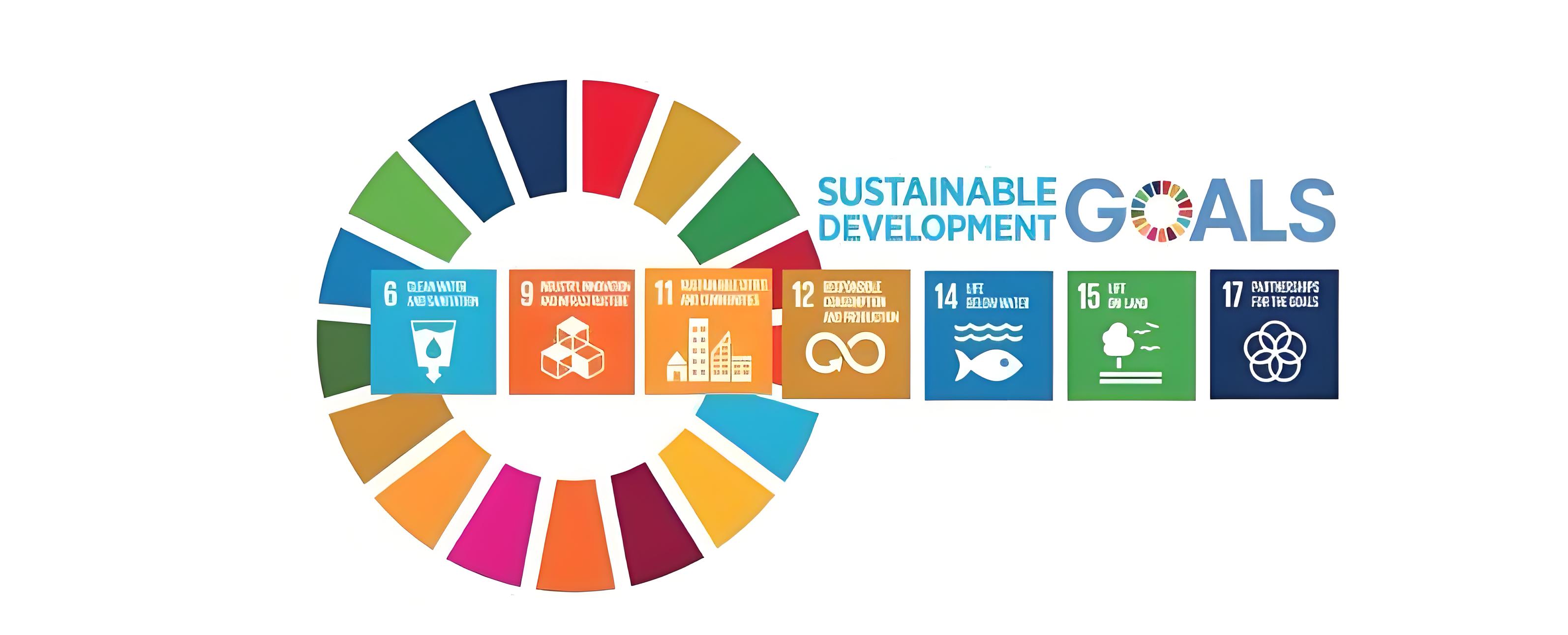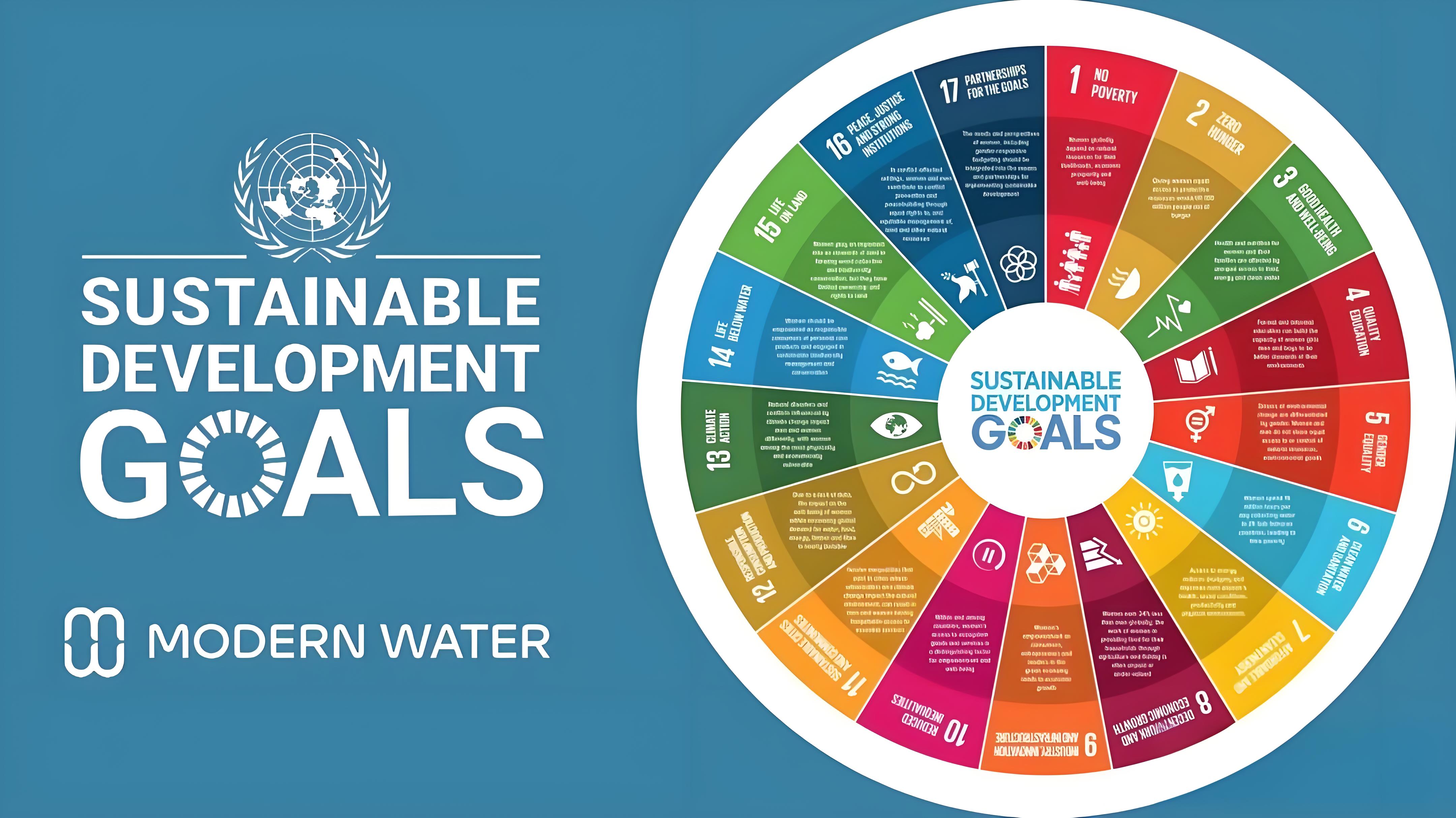Commencing in early 2025, the kickoff meeting for this Programme transpired in Beijing, China. The conference was collaboratively organized by GWP China and the China Institute of Water Resources and Hydropower Research (IWHR) through a blend of online and offline methods. Among the attendees were representatives from the Ministry of Commerce of China, the UNDP China Representative Office, Coca-Cola China, the Programme Advisors Team, the Chenzhou Water Resources Bureau of Hunan Province, the Jiahe County Water Resources Bureau of Hunan Province, and various other institutions.

The meeting was greeted by Jiang Yunzhong, Regional Secretary General of GWP China, and was presided over by Jia Yangwen, Regional Coordinator of GWP China. The Programme is jointly administered by GWP China and the UNDP, with participating entities including IWHR, Coca-Cola Company, the Chenzhou Water Resources Bureau of Hunan Province, Jiahe County of Hunan Province, Deqing County of Zhejiang Province, and Chongzhou City of Sichuan Province.
At the launch event, Niu Cunwen, Engineer of IWHR, introduced the Programme's structure and work plan. According to Professor Niu, the Programme aims to conduct comprehensive research on the challenges associated with evaluating the implementation of SDG6.5.1 at the county level, such as regional disparities, data accessibility, and the feasibility of indicator systems and evaluation methodologies. Demonstration applications will be implemented in three exemplary counties: Jiahe County in Chenzhou, Hunan; Chongzhou City in Chengdu, Sichuan; and Deqing County in Huzhou, Zhejiang. Additionally, the Programme will analyze the Coca-Cola Water Feedback Project's contribution to comprehensive water resource management indicators, aiding in the localization and implementation of SDGs in China.

The advisors offered insights on the content and affirmed the importance of undertaking this project. They provided positive assessments of the content design and preliminary findings, presenting specific suggestions for future actions. They recommended actively engaging with relevant UN agencies, participating in the formulation of new development goals, amplifying the practical impacts of sustainable development concepts through innovative technologies, enhancing management efficiency, strengthening policy support, and sharing China's experiences with similar regions globally, thereby contributing Chinese wisdom and solutions to sustainable water resource development.
In discussion, the Programme team elaborated on the specific project management requirements to representatives of related institutions. County representatives from the Chenzhou Water Resources Bureau and Jiahe County Water Resources Bureau, in conjunction with the National Sustainable Development Agenda Innovation Demonstration Zone's development, shared their practical experiences and achievements in water resource management, particularly in integrating urban and rural water supply systems. The China International Center for Economic and Technological Exchange of the Ministry of Commerce, the UNDP Representative Office in China, and Coca-Cola China representatives also put forth prospective suggestions, emphasizing the need for project research to focus more on localized regional differences. Recognizing that diverse regions possess varying resources, economic, social, and environmental conditions, development levels, requirements, and challenges, strategies can be tailored and optimized according to specific local contexts to ensure goal effectiveness.

In conclusion, Jiang Yunzhong noted that China's previous evaluations of SDG6.5.1 indicators have been favorable and overall superior to those of other developing countries, indicating the Chinese government's substantial investments and notable achievements in water resource comprehensive management and development. Building on this foundation, the project's work will become more granular and specific, extending comprehensive water resource efforts from the national level to cities and counties, enabling grassroots water-related management departments and personnel to more proficiently engage in and advance the implementation and practice of the UN's new water-related development goals. Leveraging the project's accomplishments and outputs, it strives to contribute to the rationalization and scientific advancement of pertinent international objectives, aiming to maximize the impact and influence of China's endeavors.
